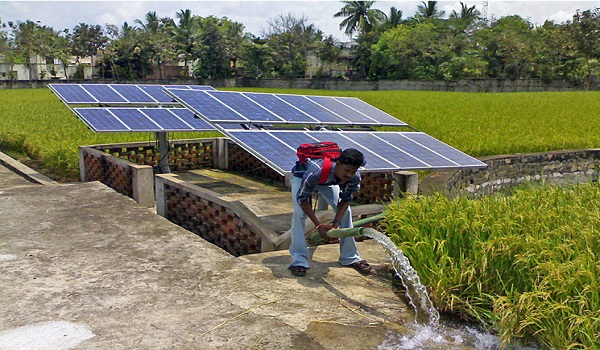The Economic Survey 2023–24, released on July 22, emphasizes the need for a national dialogue on the agricultural sector, highlighting it as a critical area for growth and reform. The survey underscores the significant support provided to Indian farmers, including subsidies, free water and electricity, and minimum support prices (MSP) for 23 commodities, along with financial aid through the PM-KISAN scheme and frequent loan write-offs.
Despite these supports, the survey suggests that reorienting existing policies could benefit farmers more effectively. Agriculture remains a crucial sector, providing livelihood support to 42.3% of the population and contributing 18.2% to the country’s GDP. The sector has shown resilience, with an average annual growth rate of 4.18% over the last five years.
However, entrenched issues have hindered its full potential. Conflicting policies at various governmental levels have led to problems such as soil fertility damage, groundwater depletion, river pollution, and public health concerns. Untangling these policy issues, the survey argues, will yield immense benefits, restoring faith in the state’s governance capabilities.
The survey also calls for a rethinking of traditional development models, which typically transition from agriculture to industrialization and then to value-added services. Current global dynamics, including trade protectionism, resource hoarding, and technological advancements, challenge this progression. In this context, reorienting agricultural policies and returning to traditional farming practices could increase value addition, boost farmers’ incomes, and create opportunities for food processing and exports.
Additionally, the survey highlights the potential of allied sectors such as animal husbandry, dairying, and fisheries to increase farmers’ incomes. Emphasizing high-value agriculture, such as fruits, vegetables, fisheries, poultry, and dairy, is essential for raising smallholder farmers’ incomes. This shift could stimulate demand for manufactured goods, potentially spurring a manufacturing revolution, as seen in China between 1978 and 1984.
Eventually, the Economic Survey 2023–24 outlines a strategic vision for transforming India’s agricultural sector, addressing existing challenges, and leveraging them as strengths. This approach aims to make farming appealing and productive, especially for urban youth, and position India as a model for both developing and developed nations.


